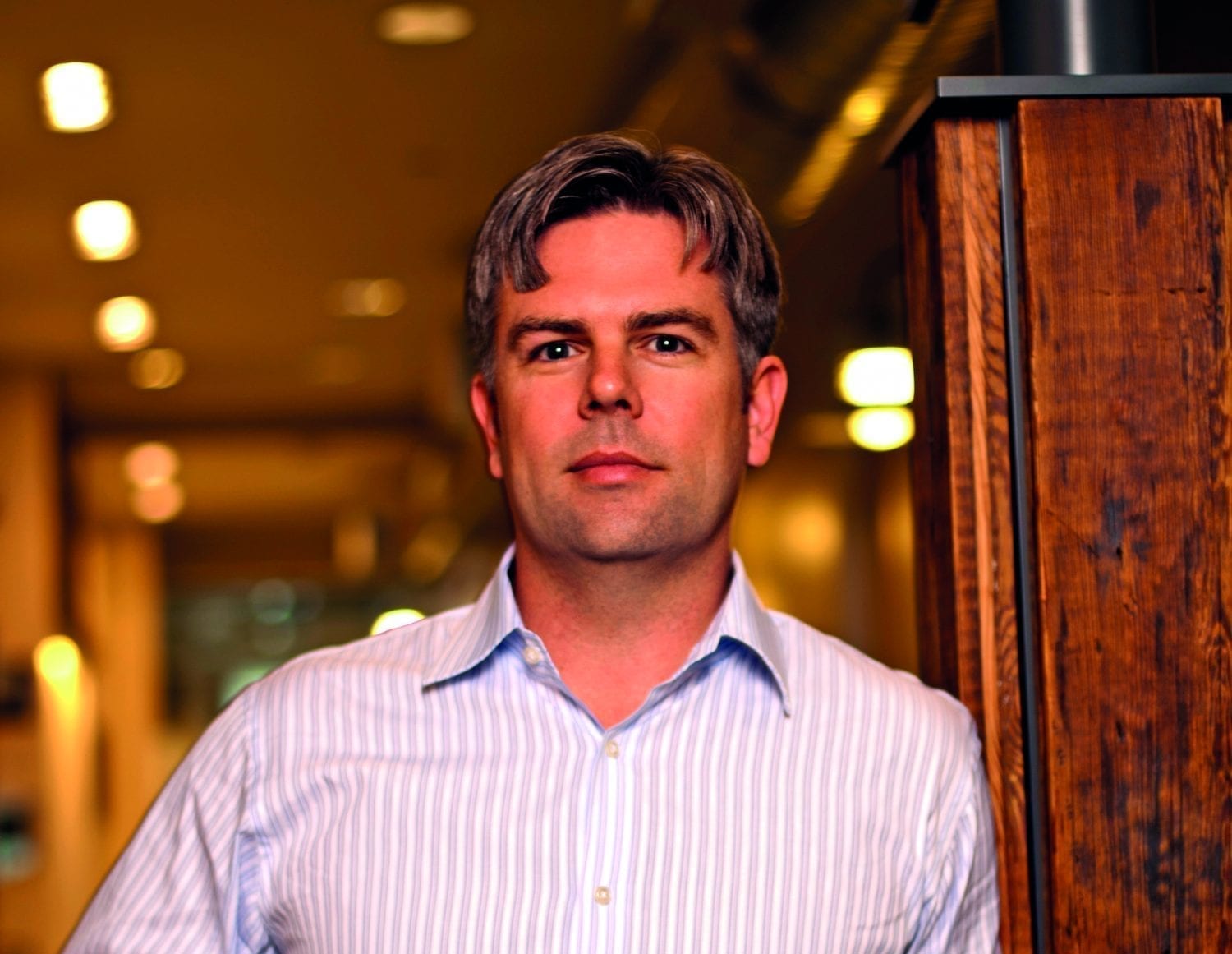Austin-based TurnKey Vacation Rentals Raises Series B Funding in Spite of Austin’s Recent Anti-Vacation-Rental Legislation
In March, TurnKey Vacation Rentals disclosed that it has raised an additional $10 million in Series B funding from Silicon Valley-based Altos Ventures and Silverton Partners of Austin to expand its vacation rental management service. This round of funding brings the company’s total raise to $20 million. TurnKey vacation Rentals currently manages 1,000 properties over 24 markets and is home to 140 employees.
The announcement of the investment comes on the heels of what has been a volatile year, so far, for short term rentals in Austin. Last month, the Austin City Council voted to ban short-term rentals, even though an estimated 250 employees from Austin-based HomeAway marched on City Hall in support of short-term rentals. The new legislation phases out short-term rental permits over the next six years.
We reached out to TurnKey’s Chairman John Banczak to find out more about the regulatory environment in Austin and about TurnKey’s future plans.
Q: Just last week, Mike Maples of Floodgate, a prominent venture capitalist, tweeted about stopping investment in Austin-area sharing economy startups. Do you think the recent decisions will affect how Austin startups will grow?
JB: Mike’s got a great point. Anyone who has met him or seen him speak knows that he is a visionary in the tech space. His impression that these decisions from Austin’s city council will put a dampener on innovation and creativity is right. If you are considering locations for a startup, these actions with Uber, Airbnb, and even worse HomeAway – a company that employs over a thousand people in Austin – are going to give you pause.
Q: Has TurnKey’s vacation rental business been affected by these decisions made by the Austin city council?
JB: No, not really yet. The majority of our business comes from outside of Austin. In the short-term, if anything, it constrains supply of short-term rentals which helps our owners who are already licensed and renting. It has the potential to have an impact on us several years down the road. We believe at some point folks will look more closely at the recent decisions and realize they are not based on facts. We also believe new programs being offered by HomeAway and other creative solutions will enable a fair balance to once again be brought to the Austin market.
Q: We recently heard Flatbook, another sharing economy company, is relocating to Silicon Valley. Do you think the Austin Council had anything to do with them relocating there, versus say Austin?
JB: I don’t know the folks at Flatbook, and I’m guessing they made their decision for a number of reasons, but it wouldn’t surprise me if this was on their radar. They decided to move to a state with much higher taxes and much more expensive housing and labor, over a place like Austin. On the one hand we have large businesses like Google, Apple, Facebook, Oracle all increasing their presence in the area. The question is do you have small, new, innovating companies relocating here as well. Of course not everyone is going to move to Austin, but no doubt a city council that appears hostile to innovative businesses can’t help.
Q: Shifting to the TurnKey business model, how do you guys measure success internally at TurnKey?
JB: For us, it starts with guest satisfaction. If we can’t deliver a quality home that is exceptionally clean, and that a guest is thrilled about, we are not going to be around long. We measure our guests’ satisfaction in several ways. Almost half of all guests engage us and with ratings or reviews which we think is an industry best. 96 to 98 percent of our feedback results in 4 to 5 star ratings. We are pretty confident we are delivering a great product to guests and we have the tracking to monitor it. This results in more bookings, and more revenue for owners, which results in happy owners.
TurnKey competes with traditional property management firms, charging an 18 percent commission on bookings. With the funding, TurnKey is looking hire an additional 100 employees over the next year and expand to 100 new U.S. markets over the next few years.


